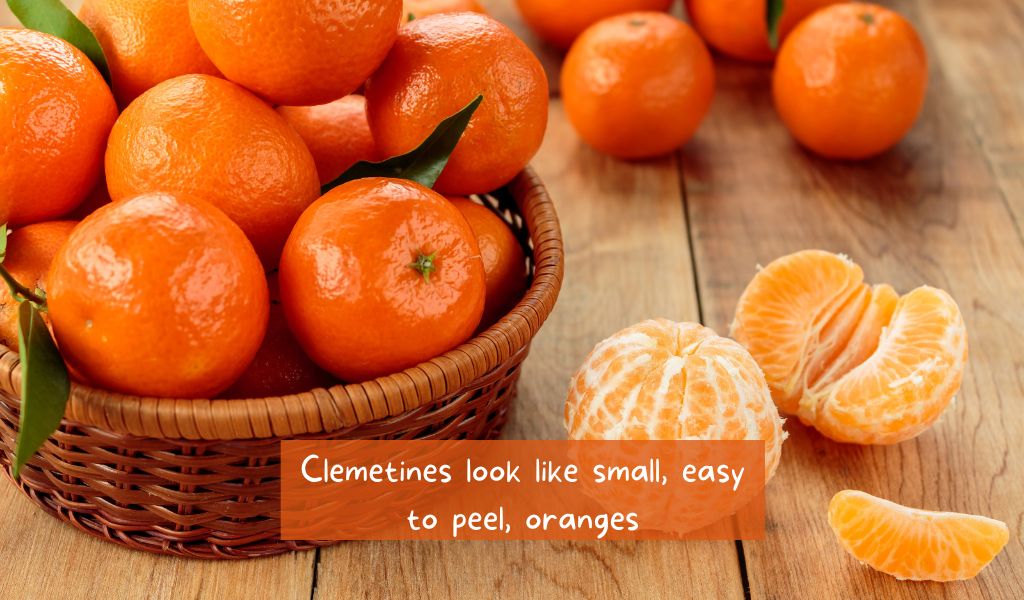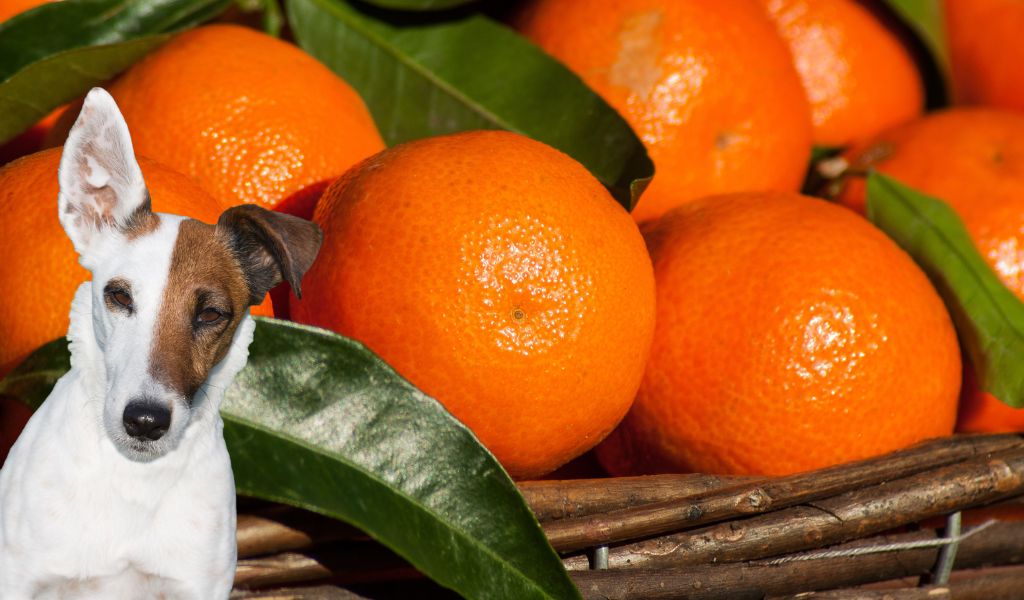Is it safe to give your dog a clementine as a snack or reward?
While dogs are omnivores, like humans, and may be interested in trying new foods, not all human food is safe for them to consume.
So can dogs eat clementines? Read on to find out.
Clementines are generally safe for dogs to consume in moderation. In fact, the vitamins and minerals found in clementines can help support your pup’s health.
What is a Clementine?
A Clementine is a small citrus fruit, also known as the Mandarine Orange.
It is usually quite sweet in taste and has a juicy, easy-to-peel skin.
They are related to tangerines and oranges but have a much lower acid content when compared to other citrus fruits.
Clementines have many nutritional benefits including being rich in antioxidants, vitamins A and C, potassium, folate, magnesium, calcium and dietary fibre.

Is it safe for dogs to eat clementines?
Clementines are generally safe for dogs to eat in moderation.
The natural sugars found in clementines means that some dogs may find them attractive, but they should still be given as an occasional treat.
As with any snack you give your pet, it’s important to monitor their intake of these sweet fruits.
Too many sugary snacks can lead to obesity and other health problems over time.
Clementines are also packed with vitamin C and other nutrients that can help keep your dog healthy and happy.
You should, however, avoid giving them too much at once as the sugar content can cause an upset stomach or diarrhea if consumed in large quantities.
Can dogs eat Clementines – at a glance ?
Yes, they can. Clementines are packed with healthy vitamins and other nutrients
Only feed them in small amounts, the high sugar levels can cause stomach upsets and diarrhea
Never feed the skin to your dog
As with any food, monitor your dog and, if he displays any reaction, stop feeding this fruit
Remember that your vet is always the best source of advice for matters concerning your dog’s health
Final Words
In conclusion, dogs can safely enjoy the occasional clementine as a sweet treat.
Just remember that they should only be given in moderation and without the peel attached.
If you’re ever unsure about what’s safe for your pet’s diet, always consult your vet first before introducing any new foods.




